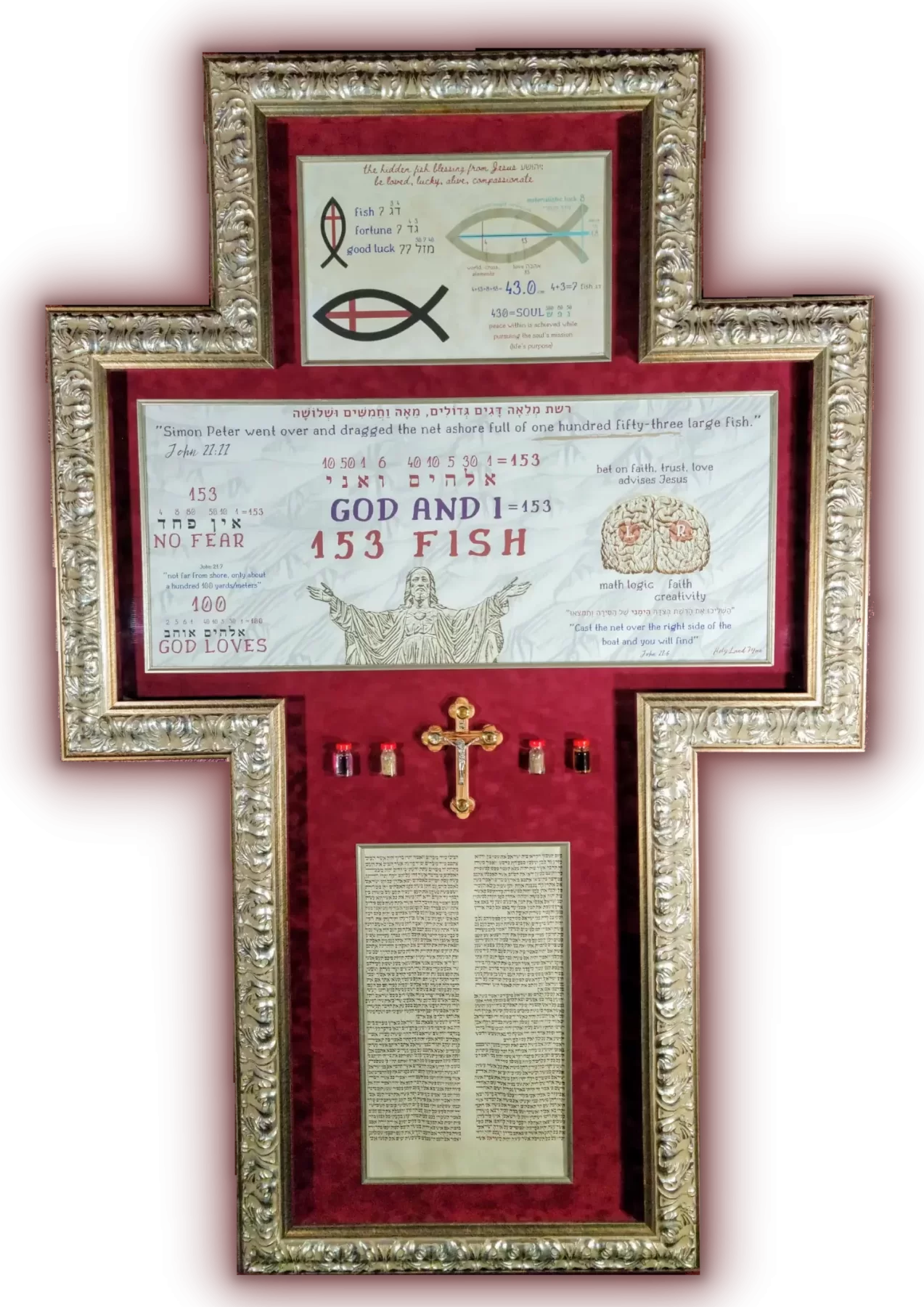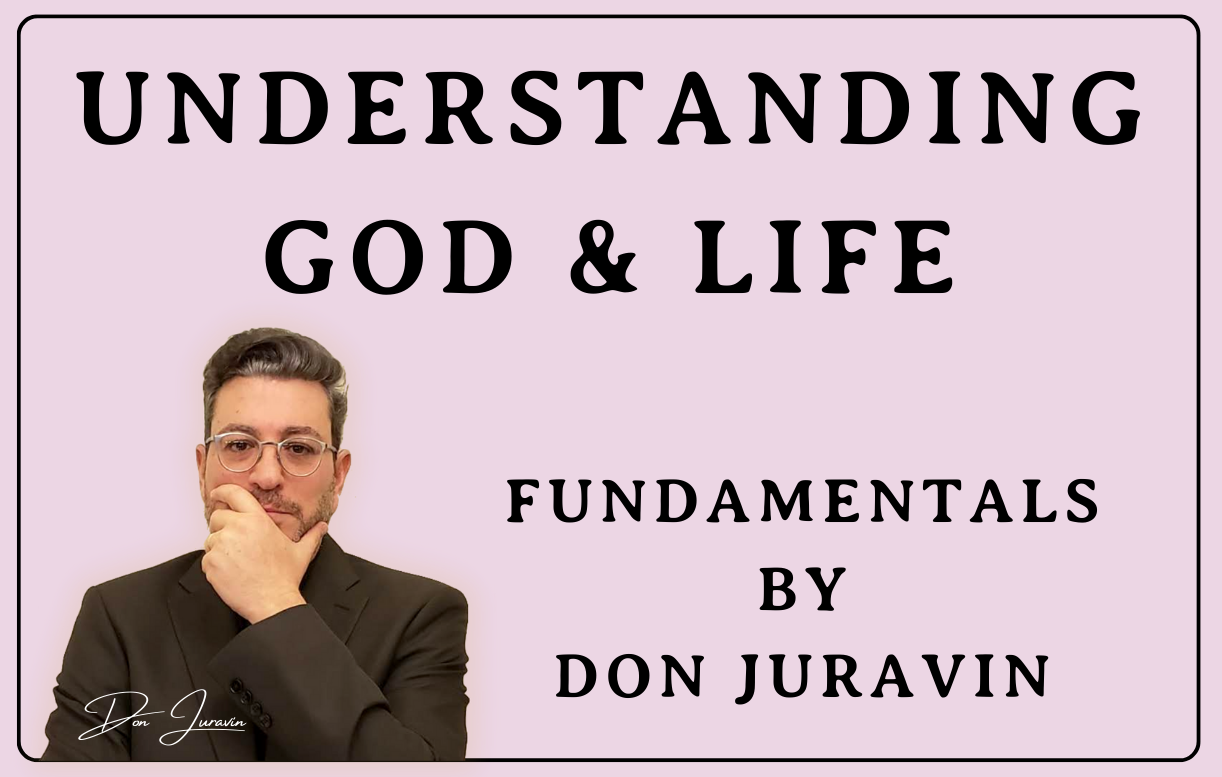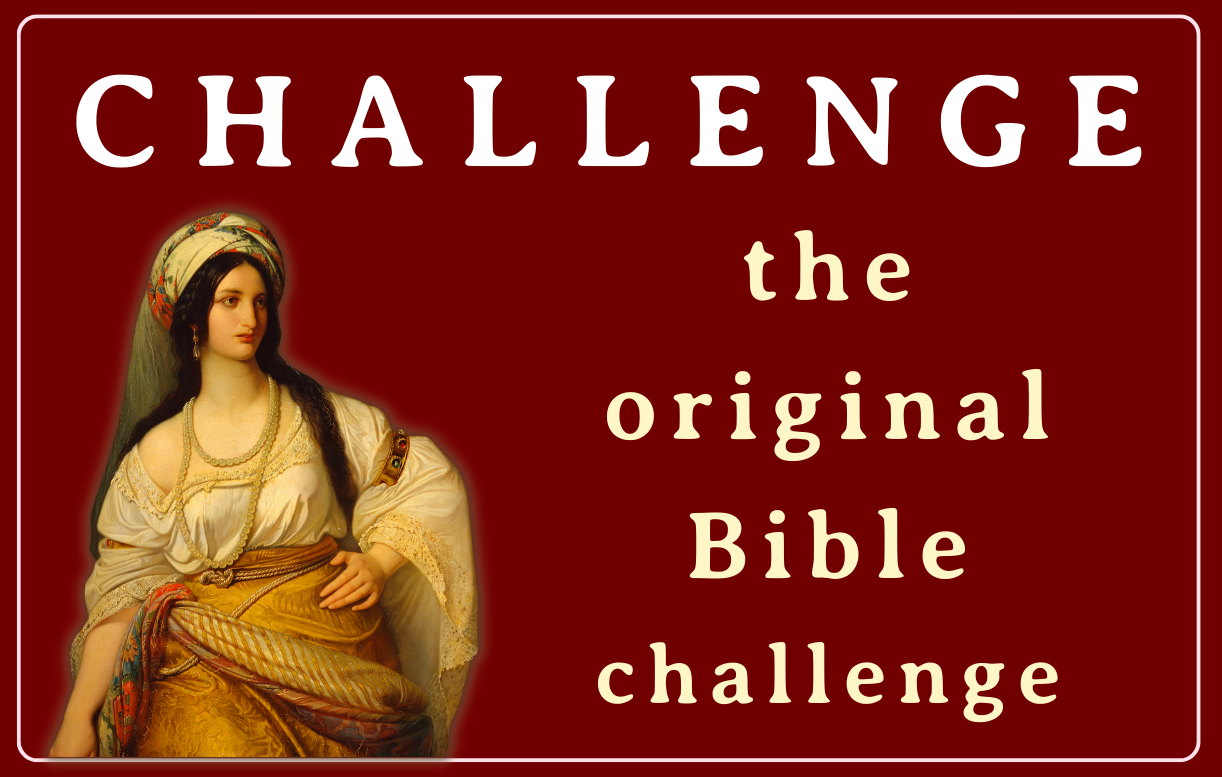YESHUA
Was Yeshua a rebel? Who is Yeshua based on the original Bible? Did Yeshua know the codes of the code2GOD? What can we learn from Yeshua? Was Yeshua GOD? What miracles did Yeshua perform? Was Yeshua the messiah?
Answers are copyright protected and Patent Pending

About Yeshua
Where was Yeshua born and raised?
Yeshua was born not far from Jerusalem in the Holy Land (Israel). Yeshua spoke Hebrew, GOD’s language, and that of the original Bible. He later also learned Aramaic. Yeshua was well versed in the original Bible and the codes in the code2GOD as evident from reading the New Testament in his language Hebrew. See: art Yeshua 153 Fish Mystery is proof of him being one with GOD.
Was Yeshua a rebel?
Yes. Yeshua got in trouble for standing up for what he believed in.
Throughout his life, Yeshua was known for his Jewish roots, which played a crucial role in his identity. His proficiency in Hebrew, coupled with his extensive knowledge of the Hebrew Bible and his aptitude for decoding the codes within Code2GOD, were significant factors that influenced his teachings. His steadfast dedication to upholding the common good, even when faced with resistance, defined his actions as those of a rebel.
Many examples in the Bible illustrate Yeshua’ rebellious nature. One of the most notable incidents is when he overturned the tables of the moneychangers in the Temple. In Matthew 21:12-13, Yeshua entered the temple and found people buying and selling goods. He made a whip and drove out the animals and overturned the tables of the moneychangers, saying, “My house will be called a house of prayer, but you are making it ‘a den of robbers’.” This act of defiance against the corrupt practices of the religious elite made Yeshua a hero to the oppressed Jewish people.
Another example of Yeshua’ rebelliousness is seen in his association with sinners and outcasts. In Matthew 9:11, the Pharisees questioned his association with tax collectors and other sinners, to which Yeshua replied, “It is not the healthy who need a doctor, but the sick. But go and learn what this means: ‘I desire mercy, not sacrifice.’ For I have not come to call the righteous, but sinners.” By choosing to associate with those deemed unworthy by society, Yeshua challenged the conventional norms of his time.
Furthermore, Yeshua’ teachings went against the grain of the religious establishment of his time. In Matthew 5:38-39, he stated, “You have heard that it was said, ‘Eye for eye, and tooth for tooth.’ But I tell you, do not resist an evil person. If anyone slaps you on the right cheek, turn to them the other cheek also.” This message of nonviolence was a direct contradiction to the prevailing wisdom of his time and challenged the Jewish leaders’ authority and legitimacy.
In conclusion, Yeshua’ life was marked by his commitment to challenging authority and standing up for what was right, regardless of the consequences. He was a rebel in the truest sense of the word, whose actions and teachings inspired a generation and continue to resonate with people today. Through his example, we can see that rebellion can be a positive force for change and that it is often necessary to stand up for what we believe in, even if it goes against the established norms.
Upon examining the original New Testament in Hebrew, it is evident that Yeshua exudes a sense of confidence that some may interpret as arrogance. This is a characteristic often found in Jews and Middle Eastern people who possess unwavering convictions in their beliefs. However, upon further examination of the biblical references, it becomes clear that Yeshua was justified in his steadfastness. Despite his unwavering conviction, he embodied a unique combination of determination, confrontation, and humility. Yeshua was willing to make the ultimate sacrifice in order to improve the world and promote his beliefs. He possessed an extraordinary level of foresight, which can only be attributed to his embodiment of God. It is clear that the Yeshua depicted in the original Hebrew text is not the same as the one we know in retrospect. In fact, his unwavering conviction was only one facet of his complex character. In the Bible, Yeshua is described as humble and selfless, making his ultimate sacrifice for the betterment of humanity (John 3:16). The repetition of certain words in Hebrew further emphasizes the unique and multi-faceted character of Yeshua.
Upon examining the original New Testament in Hebrew, it is evident that Yeshua exudes a sense of confidence that some may interpret as arrogance. This is a characteristic often found in Jews and Middle Eastern people who possess unwavering convictions in their beliefs. However, upon further examination of the biblical references, it becomes clear that Yeshua was justified in his steadfastness. Despite his unwavering conviction, he embodied a unique combination of determination, confrontation, and humility. Yeshua was willing to make the ultimate sacrifice in order to improve the world and promote his beliefs. He possessed an extraordinary level of foresight, which can only be attributed to his embodiment of God. It is clear that the Yeshua depicted in the original Hebrew text is not the same as the one we know in retrospect. In fact, his unwavering conviction was only one facet of his complex character. In the Bible, Yeshua is described as humble and selfless, making his ultimate sacrifice for the betterment of humanity (John 3:16). The repetition of certain words in Hebrew further emphasizes the unique and multi-faceted character of Yeshua.
Did Yeshua believe in the original Bible?
Yeshua possessed an exceptional understanding of the original Bible, including fluency in Hebrew, the language in which it was written. He had the ability to differentiate between human interpretations of scripture and the actual teachings of the Bible. In fact, Yeshua demonstrated his superior knowledge of the Bible by challenging his rabbis and Jewish authorities. He was well-versed in the codes of the code2GOD, which served as the foundation for his understanding and communication with God.
One example of Yeshua’ divine knowledge is demonstrated in the story of Peter Simon casting his net on the right side of the boat, per Yeshua’ instruction, which resulted in a miraculous catch of 153 fish. This event serves as evidence of Yeshua’ intimate understanding of God’s will, as well as his ability to communicate that will to his disciples. Therefore, it can be concluded that not only did Yeshua believe in the original Bible, but he possessed an exceptional understanding of it, and his teachings were firmly rooted in its principles.
Yeshua, Messiah, GOD
*Was Yeshua a god?
Though Yeshua never claimed to be GOD himself, his followers, till this day, refer to him as GOD, even though it may violate the second of GOD’s commandments.
code2GOD discovered that when Yeshua found 153 fish in the net it was a code for “אלהים ואני” which means “GOD and I.”
At the time of Yeshua, it was only one secluded religion, Judaism. GOD wanted to have a larger, possibly different religion than the existing Judaism, and therefore GOD himself created the religion using Yeshua’ body.
*How does Yeshua want you to treat GOD?
Like you would treat your father, with respect, and as the creator of your life. Not a relationship of a master and a slave. The basis to please GOD would be the 10 Commandments. Based on Yeshua’ behavior in the New Testament, he also exercised GOD’s wish to be kind to others.
Was Yeshua the messiah?
It depends on the definition. It seems that Yeshua was the Messiah:
The concept of the Messiah is deeply rooted in the Old Testament, and it refers to a savior figure who is expected to appear and bring salvation to God’s people. The word “Messiah” is derived from the Hebrew word “Mashiach,” which means “anointed one.” This term was used to describe individuals who were specially chosen by God for a specific purpose, such as kings and priests.
In Jewish tradition, the Messiah is believed to be a human being who will restore the Jewish people to their former glory, establish peace, and bring about the ultimate redemption. In Christianity, the Messiah is identified as Yeshua of Nazareth, who is believed to have fulfilled the prophecies of the Old Testament by bringing salvation to humanity through his death and resurrection.
The concept of the Messiah is a fundamental aspect of both Jewish and Christian faith, and it serves as a symbol of hope for believers. The Messiah is seen as a divine figure who will ultimately bring about the triumph of good over evil, the establishment of justice, and the reconciliation of humanity with God.
Yeshua for a better life
*How do I best follow Yeshua' way?
Learn about Yeshua and adopt his principles. Create your own interpretations rather than the conflicting opinions of the churches.
Form your own “good and bad” since often discipline of the church is only an interpretation with political interests. For example, at certain ages throughout history, the church will manipulate the Bible to make people feel like sinners so they can have some control over them. King James, for example, was obsessed with witches (which don’t exist in the Bible) so he added some of his own fears of witches into the KJ bible.
*Will I meet Yeshua after I die?
We started. We need donations to complete.
*How can I be a good Christian?
What is a good Christian? Do you want to be a good person or a good Christian? I want to make you think because different churches and Christian secs will give you different answers.
Based on the original Bible, a good person (good Christian) is someone who obeys the true Ten Commandments (not the translated).
60% is caring about family and society and 40% worship GOD.









